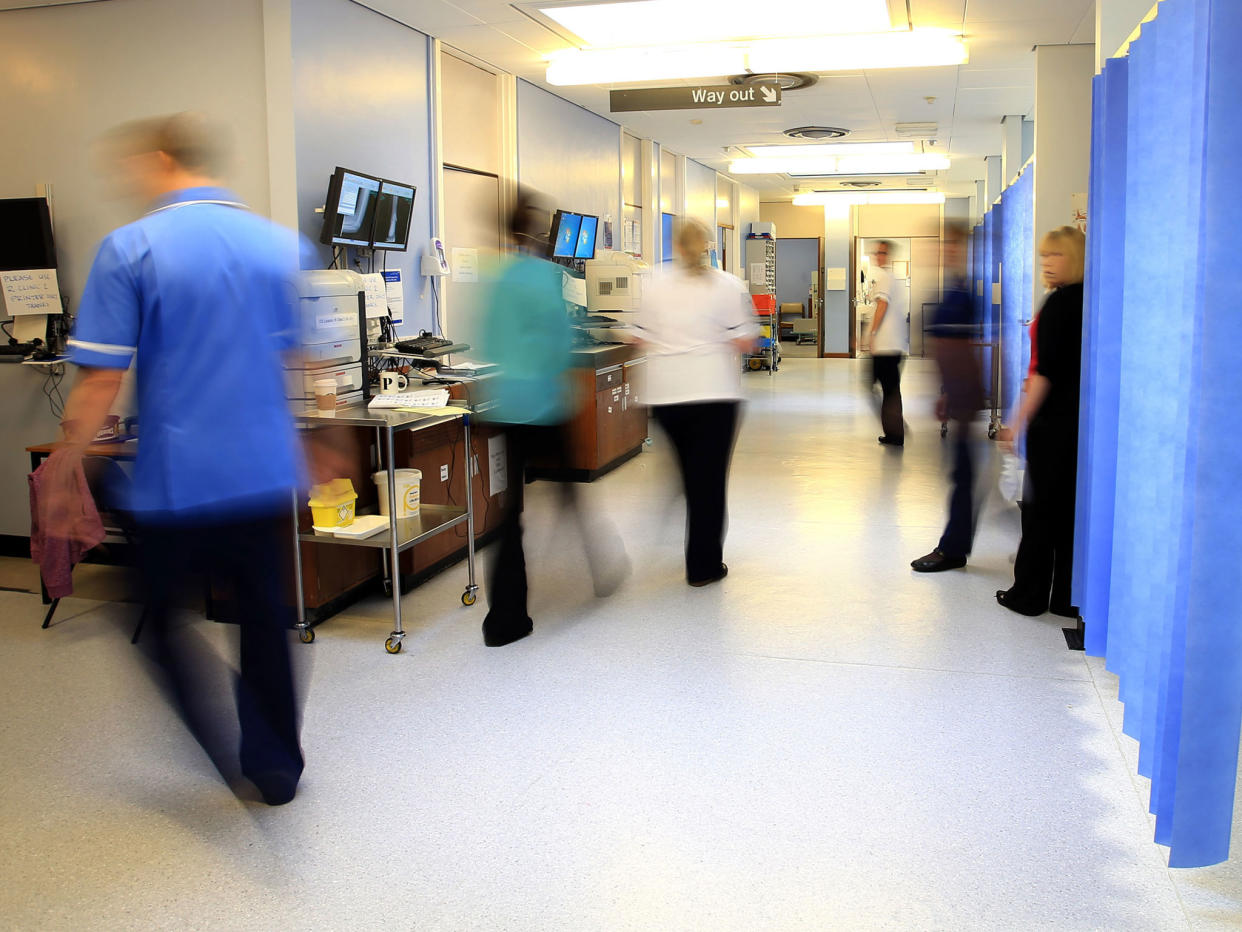NHS crisis: Patients face delays for vital treatment amid 'staggering increase' in cancelled operations

Patients are facing delays to life-saving treatment amid warnings over a “staggering increase” in cancellations of urgent surgery.
Nearly 1,000 urgent operations have been cut so far this winter for patients with life-threatening illnesses due to pressures on hospital resources, such as beds or staff, according to new analysis of NHS figures.
The total represents a 40 per cent increase in cancellations since 2013-14, when 707 operations were cut, and a surge of 31 per cent since 2010-11 when there were 755 cancellations.
Campaigners warned that patients could be put at risk by delays to vital care, while Labour accused the Government of presiding over an “unparalleled winter of discontent”.
It comes after Health Secretary Jeremy Hunt was forced to apologise to patients when hospitals took the drastic step of postponing tens of thousands of routine procedures last month.
Commenting on the latest figures, Shadow Health Secretary Jonathan Ashworth told The Independent: “Patients will rightly be deeply concerned by the substantial increase in the number of cancelled urgent operations since the Tories came into power.
“Despite the best efforts of our heroic NHS staff, the truth is that this staggering increase is the inevitable result of the Tories’ sustained underfunding of our health service and failure to manage the NHS workforce.”
The figures lay bare the strain on stretched hospitals, as cancelling operations is usually a last resort for hospital bosses because of the impact on patients and doctors.
Some procedures are scrapped due to staff shortages, such as a surgeon being unavailable, while others are caused by shortages of beds for patients to recover in after their operation.
Before Christmas, The Independent revealed that hospitals were under such pressure that one in five had run out of beds during the first two weeks of winter.
Lucy Watson, chair of the Patients Association, told The Independent: “It’s unsurprising that urgent operations have come to be cancelled at a greater rate over these years of spending restrictions and increasing demands on services.
“It’s a completely predictable consequence of government policy. This data shows the consequences for patients in hard figures and the numbers are stark.
“What it doesn’t show is the human consequences, for patients experiencing pain and discomfort and at risk of serious harm and potentially loss of life through being unable to access urgent surgery, and the impact on their friends and families.”
Last month, Mr Hunt admitted there were “real pressures” facing the health service after NHS England urged hospitals to free up beds for the sickest patients by deferring an estimated 55,000 non-urgent operations, such as hip replacements.
A Department of Health and Social Care spokesperson said: “We recognise it can be distressing for patients who have their operations cancelled, however the number of cancelled urgent operations remains low in the context of the millions of operations performed in the NHS each year.
“The NHS remains extremely busy, which is why the Government gave it top priority in the budget with an additional £437m of winter funding and made an additional 3,300 beds available for the winter period.”

 Yahoo News
Yahoo News 
